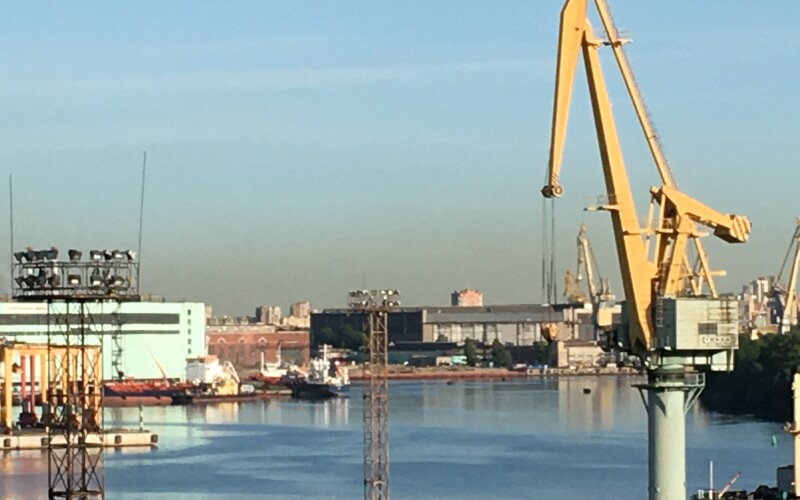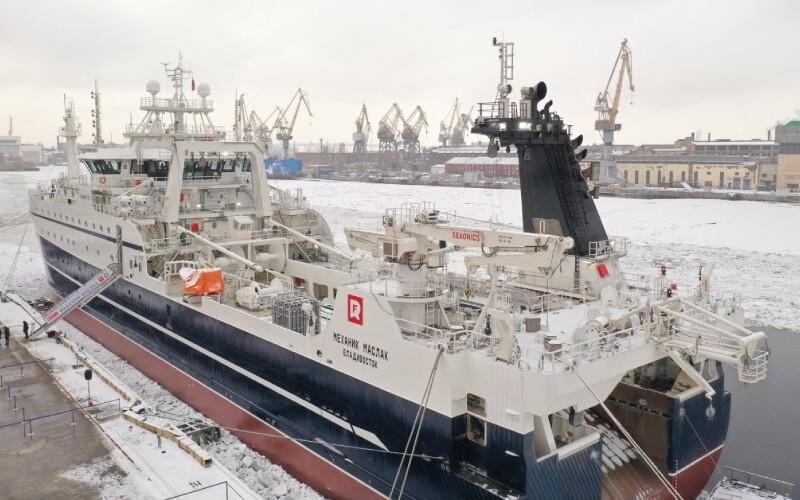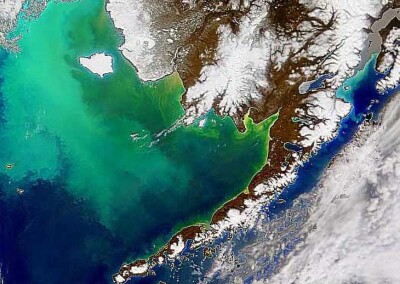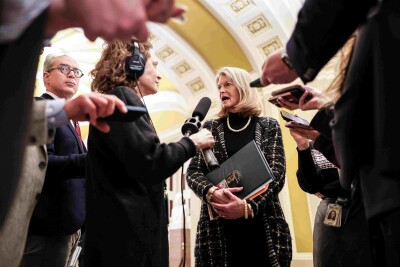Dealing with Russian fisheries as the war in Ukraine drags on.
On Jan. 16 Trident Seafoods announced its decision to terminate its longstanding relationship with the National Fisheries Institute (NFI). While noting that it had been a member of NFI, Trident said in its press release that it had hit a crossroads with NFI on two issues: Trident accused NFI of a lack of neutrality and transparency and said it could not support NFI advocating for the presence of Russian seafood in the U.S. market.
“NFI’s decision to advocate for the continued presence of Russian-harvested seafood in the U.S. market runs counter to national and international efforts to restrict Russia’s ability to prosecute its war against Ukraine, ignores the broad and bipartisan support in Congress for the Administration’s actions, favors keeping U.S. consumers in the dark about their seafood choices, and supports importers of Russian-harvested seafood processed in China over a fair and competitive business climate and the long-term health of the U.S. seafood supply chain,” says the Trident press release.
As Trident takes its stand on allowing Russian fish into the U.S., Russian politicians and bloggers made some headlines by advocating a takeover of Alaska. On Jan. 19, the Russian news agency Tass reported that president Vladimir Putin had signed a decree that “will allocate funds for an effort to find, register and ensure legal protection of Russia’s property abroad, including property of the Soviet Union and the [former] Russian Empire.”
“I suggest we start with Alaska,” one Russian blogger is reported to have suggested on the Two Majors Telegraph channel. Russia sold Alaska to the U.S. in 1867 for a little over $7 million, and while Russia and the U.S. share a maritime border that separates the countries by a mere 2.4 miles, the U.S Department of State laughed off the suggestion. “They’re not getting it back,” Department of State spokesman Vedant Patel told Newsweek magazine.
Concurrently, Russia’s fishing fleet modernization program continues, with Norwegian-designed vessels being built in Russia and Turkey. One of the newest, the 108-meter Mekhanik Maslak, was built in St. Petersburg, Russia and delivered in May 2023. Designed to fish herring and pollock in the Far East, including the Bering Sea, the vessel and others like it are each expected to land over 60,000 metric tons of fish and fish byproducts per year.
According to Sergey Sennekov at the Russian holding company NOREBO, the Kapitan Sokolov (National Fisherman, August 2019) was delivered in 2023. “Other vessels are in process,” says Sennekov. “Things are not easy but we’re moving forward. In 2023 Norebo acquired a shipyard close to St. Petersburg, so our plan is to build fishing vessels there – new ones that will be more than 100 meters with a similar architecture of the hull, in addition to several mid-size trawlers and four longliners we are building there now.”








